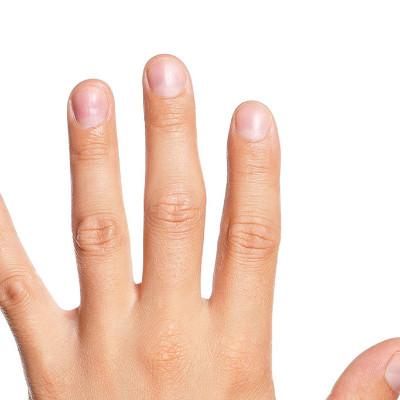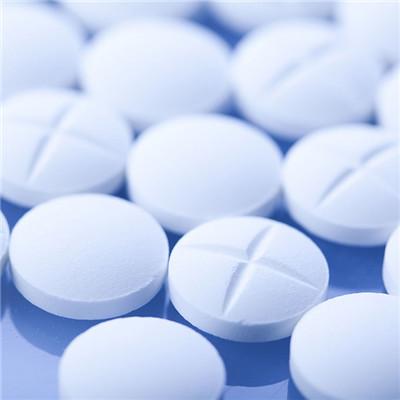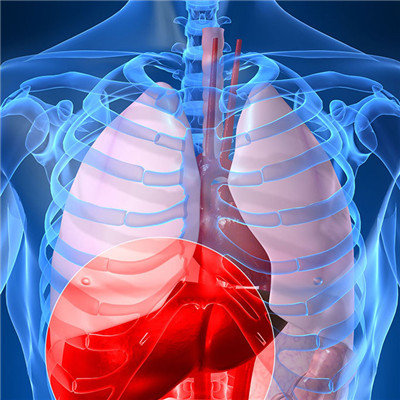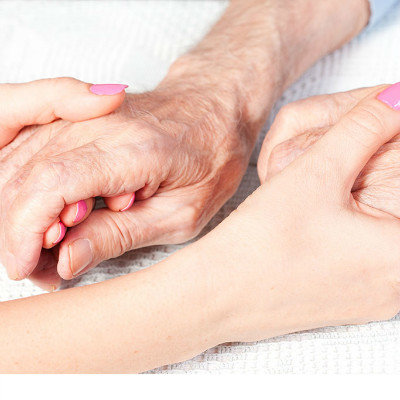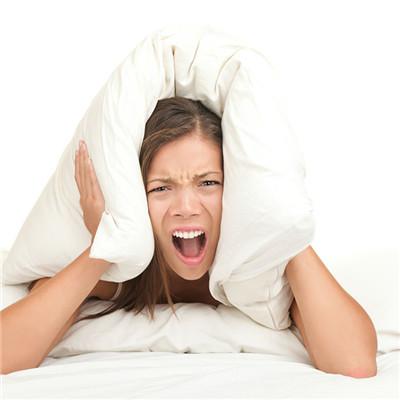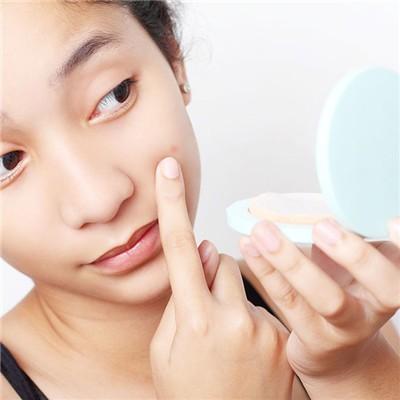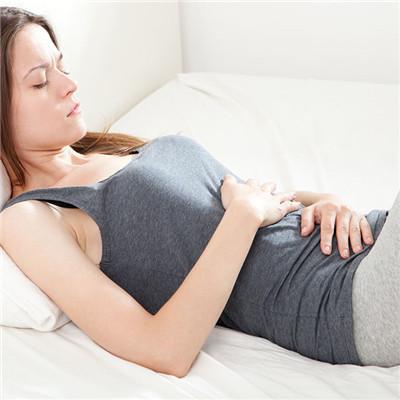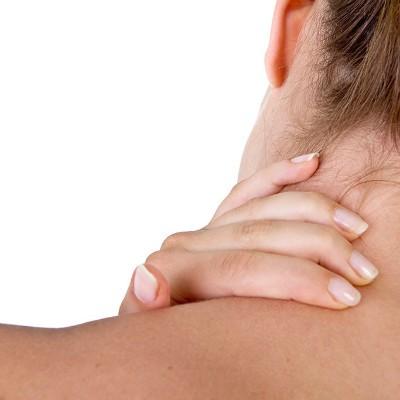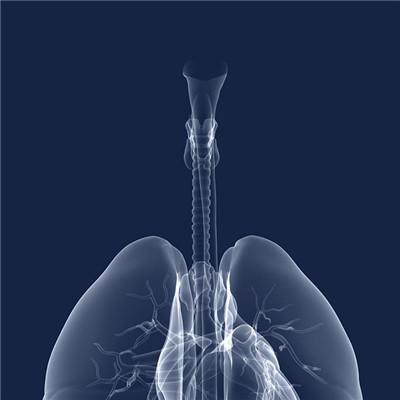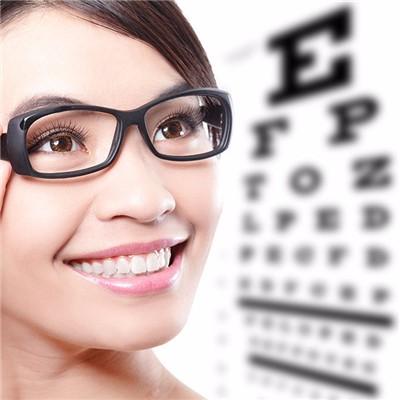What symptom is eczema?
summary
Eczema is a severe skin inflammatory reaction caused by a variety of internal and external factors. There are three stages: acute, subacute and chronic. In acute stage, there is exudation tendency, while in chronic stage, there is infiltration and hypertrophy. Some patients directly present with chronic eczema. Skin lesions are characterized by pleomorphism, symmetry, pruritus and recurrent attacks. What symptom does eczema tell everybody below?
What symptom is eczema?
1. Most of the lesions of acute eczema were dense miliary papules, papules or vesicles at the beginning. The base was flushed and gradually merged into a piece. Due to scratching, the top of papules, papules or vesicles showed obvious punctate exudation and small erosive surface, and the edge was unclear. If secondary infection, inflammation is more obvious, can form pustules, purulent callus, folliculitis, furuncle, etc. Conscious severe itching. Most of them are distributed symmetrically in the head and face, behind the ear, distal extremities, scrotum, perianal, etc.
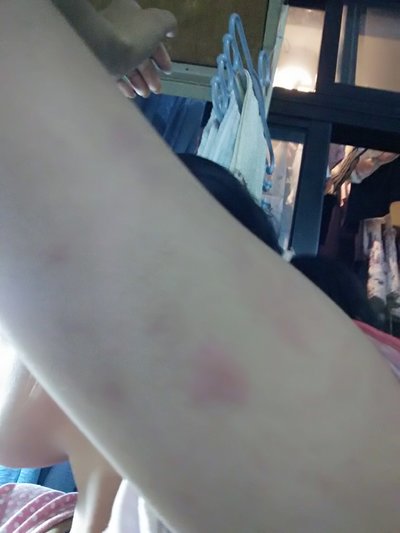
2. Chronic eczema often turns into chronic eczema because of repeated attacks of acute and subacute eczema; It can also start with chronic eczema. It is characterized by skin thickening, infiltration, brownish red or pigmentation, rough surface, covered with scales, or scab due to scratch. The pruritus was severe. Common in the leg, hand, foot, cubital fossa, popliteal fossa, vulva, anus and other places. The course of disease is indefinite, easy to relapse, long-lasting.
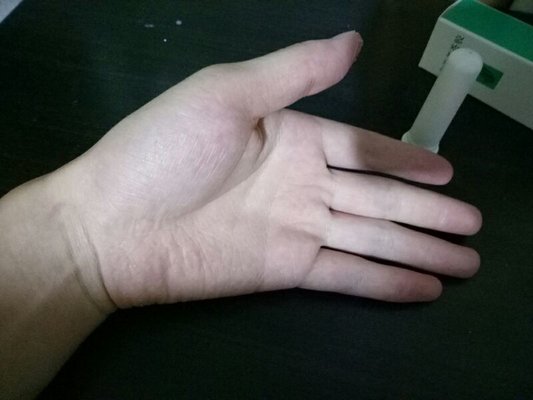
3. Subacute eczema after acute eczema inflammation alleviated, the lesions were mainly papules, scab and scales, only a small amount of papules and erosion. There are still severe itching and other symptoms
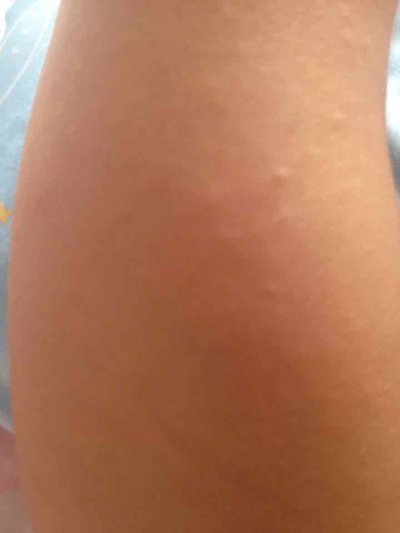
matters needing attention
Avoid self induced factors. Avoid all kinds of external stimulation, such as hot water scalding, excessive scratching, cleaning and contact with potentially sensitive substances such as fur preparations. Less contact with chemical components, such as soap, washing powder, detergent, etc. Avoid foods that may cause sensitization and irritation, such as pepper, strong tea, coffee and wine. Under the guidance of professional doctors, medication should be avoided
